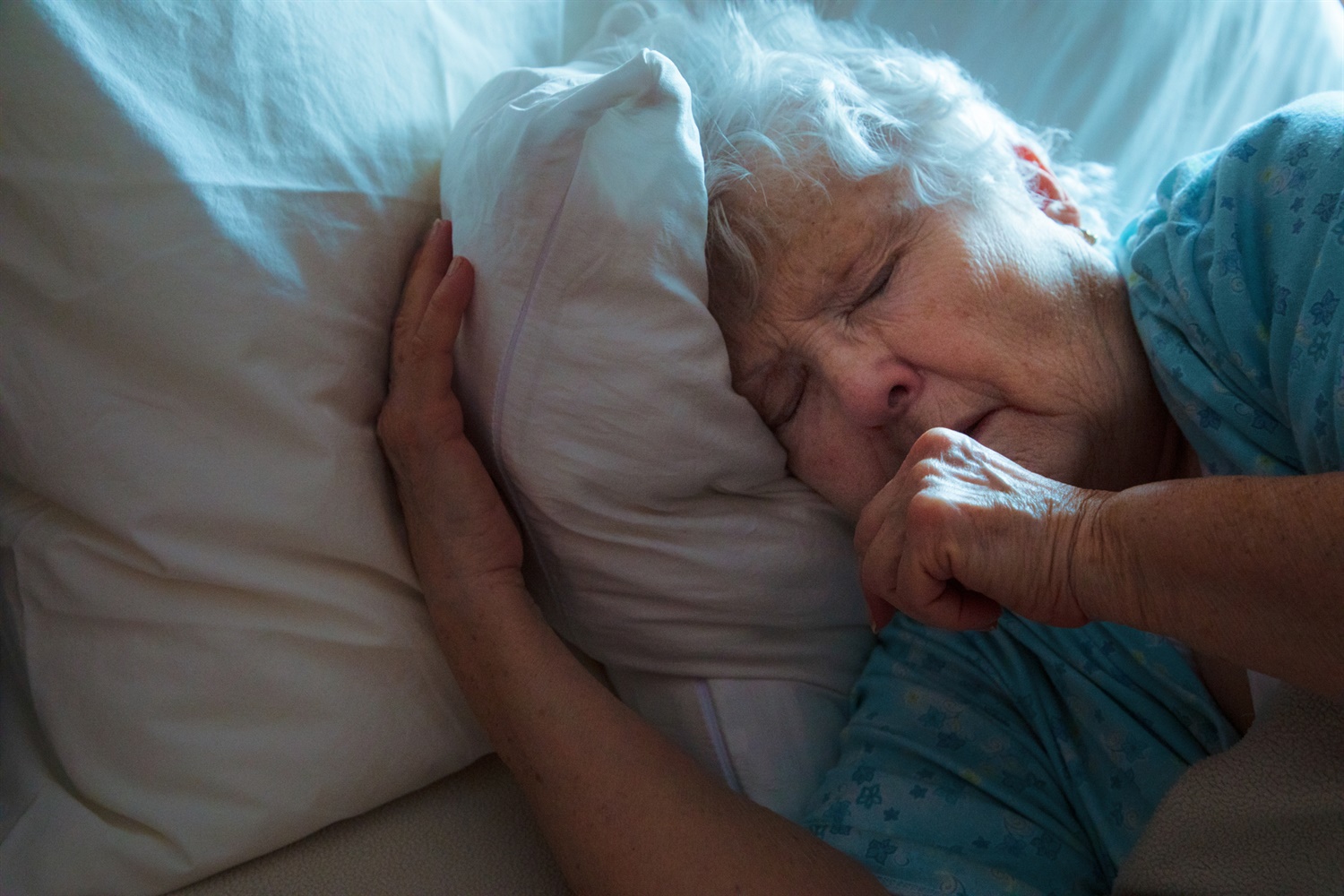22.07.20
Respiratory conditions: Reducing mortality rates and closing the gap on health inequalities
Jennifer Watts, Interim Programme Director for System Support and Evaluation, National Institute for Health and Care Excellence (NICE)
Respiratory disease affects 1 in 5 people and is the third biggest cause of death in England after cancer and cardiovascular disease. It continues to be a major cause of disability and premature mortality.
Read NICE’s Impact Report on respiratory conditions
The report highlights where NICE guidance and standards have contributed to improvements in respiratory care and outcomes for people with lung conditions. We have also developed 6 COVID-19 rapid guidelines related to respiratory conditions to help and support the NHS and social care during the pandemic.
Asthma and chronic obstructive pulmonary disease
The economic impact of asthma and chronic obstructive pulmonary disease (COPD) on the NHS has reached £4.9bn a year. We have published a suite of guidance on asthma and COPD since 2000 and are working with partners to develop UK-wide guidance for the diagnosis and management of chronic asthma. We recently published a COVID-19 rapid guideline on severe asthma and on community-based care of people with COPD, which aim to maximise the safety of those at higher risk, protect staff from infection and enable services to make the best use of resources.
Since we published a quality standard on the self-management of asthma in 2013, we have been pleased to note that the proportion of people who have agreed a written asthma plan has doubled (Asthma UK 2019 annual asthma survey).

People with COPD are more vulnerable to flu-related complications. However, the 2018/19 Quality and Outcomes Framework showed that 22% of people with COPD did not have an annual flu vaccination despite them being eligible for the national flu immunisation programme.
To help people manage their condition within the community and to prevent hospital admissions, our guideline recommends that people with COPD should be followed up regularly in primary care. Additionally, our quality standard highlights that pulmonary rehabilitation should be available for people with stable COPD. While people have good outcomes after pulmonary rehabilitation, the national COPD audit programme highlights that waiting times remain too long.
Pneumonia
Viruses such as flu are a common cause of pneumonia in young children but uptake of the flu vaccination is low in people aged less than 65 years. If more people under 65 who are eligible had the flu vaccination, then this could help to slow a trend of increasing emergency admissions. To address this, earlier this year we published a quality standard on increasing uptake of flu vaccination among people who are eligible.
Tuberculosis
NHS England’s tuberculosis strategy was set up to achieve an annual decrease in incidence, a reduction in health inequalities and ultimately the elimination of tuberculosis (TB) as a public health problem. To achieve the strategy, 10 key areas of action were identified which are addressed in our guideline on TB and quality standard on TB. These aim to improve identification of people with TB in the community and recommend that latent TB should be treated in everyone aged under 65 years. Data from Public Health England shows that the number of new cases of TB in England has fallen to less than 5,000 in 2018, the lowest levels since records began.

Directly observed therapy (DOT) is used in people with active TB who have a history of homelessness, drug or alcohol misuse and those who are currently in prison or have been in the past 5 years. We recommend this therapy in our quality standard but despite this, since 2016 there has been a reduction in the proportion of people receiving DOT.
Being less likely to access treatment services can lead to increased morbidity and mortality, increased infectiousness and the emergence of drug resistance. As part of the NHS Long Term Plan, new technology is being used to transform DOT and increase treatment in those with TB.
Air quality
Another important aspect of respiratory conditions highlighted in the report is the effect of air quality on people’s health. We have put together a suite of guidelines which cover outdoor air pollution and indoor air quality at home. We also recommend active travel such as on foot or by bicycle, reducing reliance on vehicles and increasing exercise. Our guidelines align with the NHS Long Term Plan which commits to reducing air pollution from all NHS sources.
We have also considered the carbon footprint of inhalers for asthma within our patient decision aid. This is also an ambition in the NHS Long Term Plan with pharmacists in primary care networks supporting people to make informed decisions in medicine reviews.
It is concerning that mortality rates from respiratory conditions increase with deprivation. At a time when the healthcare system is stretched, it is clear that we all need to play our part in supporting the prevention, early detection and treatment of respiratory conditions.